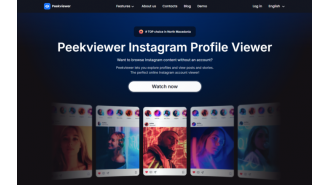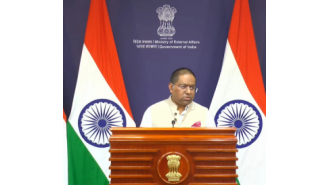Many of us still prioritize thinness, despite its potential costs to our health and wellbeing.
Breaking the cycle of equating thinness to worth can be challenging.

This summer, the Barbie movie brought a powerful feminist message to unsuspecting cinema-goers. America Fererra’s character Gloria delivered a monologue that demonstrated the impossible double standards women face, including: ‘You have to be thin, but not too thin. And you can never say you want to be thin. You have to say you want to be healthy, but also you have to be thin.’
This line demonstrated that despite the progress we have made in helping women embrace and love their bodies, the message is still falling short. The pressure to be slim is still very much alive and is having a huge impact on young girls and women across the country.
Sophie Hughes, now 32, can attest to this. She developed an eating disorder when she was 13, after getting her first boyfriend. She recalls feeling an innate shame when it came to eating in front of her partner, and soon found herself skipping meals in an attempt to become thin.
‘I could never be small enough. If I wasn’t as slim as I could possibly be, I wasn’t lovable. I really believed that,’ Sophie explains.
The trend of ‘heroin chic’ popularised by the models of the 1990s has taken centre stage once again, despite the recent rise of body positivity and the Brazilian buttlift surgery. GPs have recorded a 300% increase in the number of teenage girls developing eating disorders during the pandemic, and 45% of women are reportedly worried about showing their body while getting active in the summer.
Michelle Bliss, 28, is another example of someone who has tried a variety of fad weight loss methods, including the weight loss medication Ozempic. This medication is only available with a prescription, but can also be bought easily online. Celebrities such as Elon Musk and Boris Johnson have also admitted to using the drug.
Michelle experienced side effects such as vomiting, nausea and fatigue, which made it difficult for her to keep working and looking after her child. She also found the drug ineffective in the long run.
The pressure to be slim is pervasive. As Michelle explains, ‘It’s hard to get out of the mindset that has taught us being slim equals success, acceptance and attractiveness. We’re like sheep. If everyone around me, from celebrities to real life, were bigger then I would be happier going up a size too.’
It’s clear that no matter how hard we try to help women embrace and love the skin they’re in, the pressure to be slim is still very much alive. Until we are all truly accepting of different body types, women will continue to feel the need to conform to the same unrealistic standards.
This summer, the Barbie movie shocked unsuspecting viewers with its powerful feminist messaging. One scene in particular struck a chord with many, in which America Fererra’s character Gloria spooled off the many impossible double standards faced by women.
One of these was the expectation to be thin, but not too thin. It’s a reminder that no matter how much we work to help women embrace and love their bodies, the message is still falling short.
Sophie Hughes, now in her thirties, is one of many people who recognise the unexplained urge to be slim when it’s not their natural body shape. Growing up, Sophie felt an innate sense of shame to be seen eating in front of her first boyfriend, so began skipping meals.
‘If I ever ate, I would punish my body afterwards’, she tells The Agency. ‘I really believed that I couldn’t be lovable if I wasn’t slim.’
It took many years of reconditioning for Sophie to stop hating her body, but it’s an issue that still plagues many. UK GPs have reported a razor sharp rise of teenage girls developing eating disorders during the coronavirus pandemic, and research from This Girl Can found 45% of women are worried about showing their body while getting active in the summer.
Michelle Bliss, 28, is a personal development coach who has tried a variety of fad weight loss methods, including the weight loss drug Ozempic. She got it off-prescription and used it for around four months, but had to stop due to the side effects.
Michelle’s experience highlights the power of social media and the way it influences people’s perceptions of their own bodies. She says that people want to be slim because they want to be like everyone else, and this is why the idealised body shape has such an impact on young girls and women.
‘We’re like sheep’, she says. ‘If everyone around me were bigger, I would be happier going up a size too. But it’s the norm to just want to be like everyone else – so while the majority of us are still desperately trying to be slim, that’s not going to change.’










